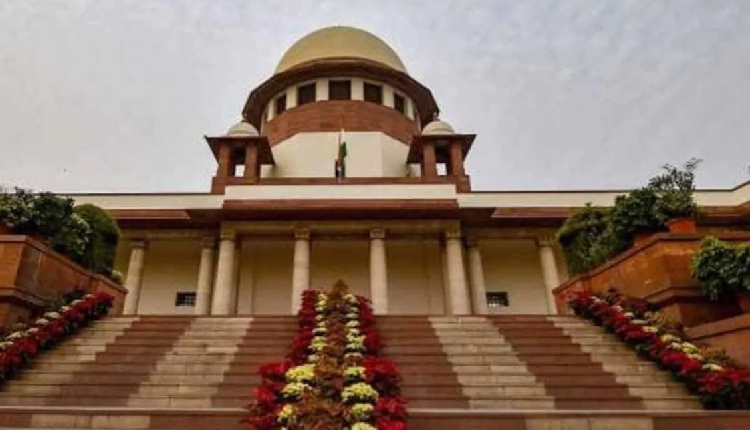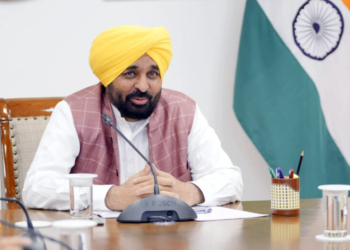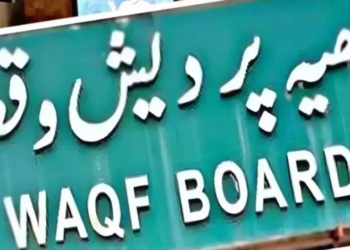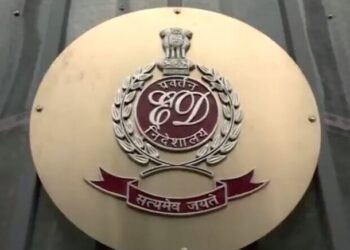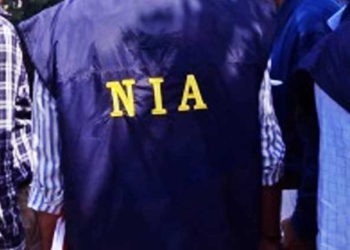New Delhi: The Supreme Court on Friday sought response from Centre and state governments on a PIL seeking direction to adopt uniform and fair compensation policy for victims of mob lynching in the country.
A bench of Justices K.M. Joseph and B.V. Nagarathna noted that writ petition, filed by Indian Muslims for Progress and Reforms, has been filed in public interest seeking inter alia the implementation of the directions issued by this court in the case of Tehseen S. Poonawalla v. Union of India and others (2018).
Advocate Javed R. Shaikh, counsel for the petitioner, drew the court’s attention to the pertinent passage in the aforesaid judgment wherein it was directed that the states shall frame a scheme for the purpose of providing victim compensation in cases of lynching/mob violence under Section 357A of the Code of Criminal Procedure, 1973.
He submitted that certain states have formulated a scheme while many of the states have not done so till date.
“It was further submitted that the said judgment had given guidelines as to the manner in which the victim compensation scheme had to be formulated inasmuch as the state governments have to give due regard to the nature of the bodily injury, psychological injury and loss of earnings including other opportunities such as loss of educational opportunities and expenses incurred on account of the suffering due to the mob lynching/ mob violence”, noted the top court, in its order.
“In this regard it was submitted that the endeavour of the petitioner is to seek implementation of the directions issued by this court in the aforesaid judgment and further to have as far as possible a uniform policy for grant of exgratia compensation to the victims of hate crime/mob lynching”.
After hearing the counsel, the bench said: “We issue notice to the respondents. The respondents are directed to file their respective affidavits with regard to the implementation of the directions issued in the aforesaid case and the manner in which it has been done. The said affidavit shall be filed within a period of eight weeks from the date of the service of notice.”
(IANS)



